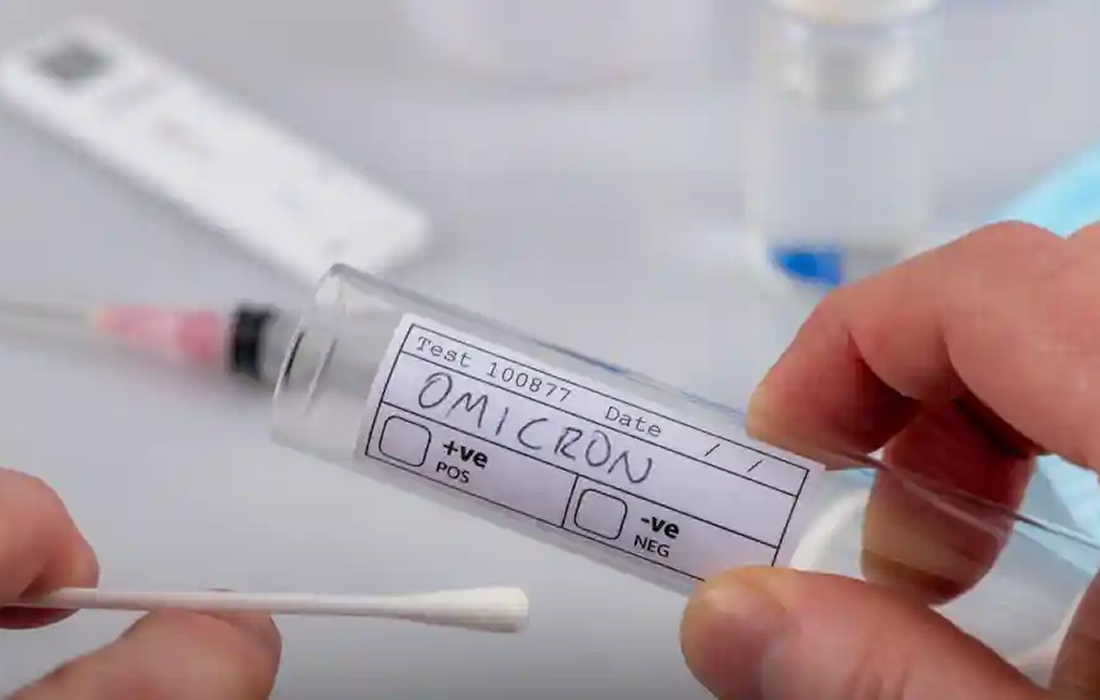COVID-19
New COVID-19 Variant, Omicron
A recently discovered COVID-19 variant has been discovered by scientists in South Africa. They are racing to track the concerning rise of new cases of SARS-CoV-2 infections. The new variant harbours a large number of the mutations that are also found in the other variants, including the Delta variant.
According to the researchers the new variant contains more than 30 changes to the spike protein, the SARS-CoV-2 protein that recognizes host cells and is the main target of the body’s immune responses. They have found many of the changes that other variants have, and that are linked to a higher infectivity and ability to evade infection-blocking antibodies.
Their top priority is to closely follow the spread of the variant that was first identified in Botswana earlier this month and has since turned up in a traveller arriving in Hong Kong from South Africa. They are also trying to identify whether this variant causes more or less severe disease and if it can evade immune responses triggered by vaccines.
On November 26th, the WHO designated the strain, known as B.1.1.529, as a variant of concern and named it Omicron, which joins Delta, Alpha, Beta and Gamma on the current list of variants of concern.
The variant harbours a spike mutation that allows it to be detected by genotyping tests that deliver results much more rapidly than genome sequencing does.
Are vaccines still effective?
Researchers will closely track the spread of the new variant in South Africa and beyond.
Penny Moore, a virologist at the University of Witwatersrand in Johannesburg, South Africa, whose lab is gauging the variant’s potential to dodge immunity from vaccines and previous infections stated in an interview: “We’re flying warp speed.” “At this stage it’s too early to tell anything,” she added.
Her team, which provided some of the first data on Beta’s variant ability to dodge immunity, has already begun work on B.1.1.529. They plan to test the virus’s ability to evade infection-blocking antibodies, as well as other immune responses.
So far, the threat B.1.1.529 poses beyond South Africa is far from clear, researchers say. It is also unclear whether the variant is more transmissible than Delta, says Moore, because there are currently low numbers of COVID-19 cases in South Africa. “We’re in a lull,” she says. Katzourakis says that countries where Delta is highly prevalent should be watching for signs of B.1.1.529. “We need to see what this virus does in terms of competitive success and whether it will increase in prevalence.”
The WHO continues to emphasize taking measures to reduce their risk of COVID-19, including wearing well-fitting masks, hand hygiene, physical distancing, improving ventilation of indoor spaces, avoiding crowded spaces and getting vaccinated.
Source:
Ewen Callaway. (2021, Nov 25). Heavily mutated Omicron variant puts scientists on alert. Nature. Retrieved from:
https://www.nature.com/articles/d41586-021-03552-w
Image from:
https://www.theguardian.com/commentisfree/2021/nov/28/observer-view-on-omicron-variant

